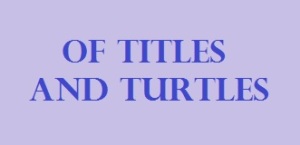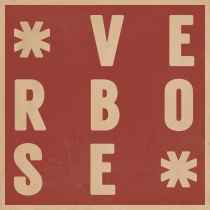We find out as we go along, of course. That element of discovery, of learning precisely where our stories and characters are heading, is one of the pleasures of writing, however you go about the business. There are familiar terms for types of writers and methods of writing: some divide them into ‘planners’ and ‘pansters’ – those who structure their writing carefully in advance, scheming every device and trick as they craft their work into the shape they desire, and those who sit at the empty page and write as the characters take them.
Whether this separation is this simple is another question. I’m certain that we do both, depending on the piece at hand and the manner of our efforts; though we may have planned as completely as we thought possible, designing our narratives and those who inhabit them with care and precision, there are moments where intricacies and phrases lead us into a new awareness of the story. It’s just a case of accepting that as much as you knew, you didn’t know after all. And that’s fine. More than that, it’s an essential part of the actions of writing.
I heard recently of a Spanish version of this apparent schism: ‘escritores brújulas’ and ‘escritores mapa’, roughly translated as ‘compassers’, and ‘cartographers’, which seems like a much better way to see it. At times I am content to follow a course of travel, at others I map the work out and plan my route through it, and in both of these approaches I still find myself looking for directions along the way.
And it’s those occasions, the times when the map gets creased or is lacking in specific details, that I learn about the characters, the story, and my ways of writing. It means going back into the text and redrawing those delicate patterns, so that the path is clearer, but isn’t that the point? Though I may know where I thought I was going it turns out that I wanted to end up with a different story, and I didn’t know that until I let the creative process resolve itself. However slight that difference is, it’s what keeps us coming back to the page to try to fashion language into communication.



